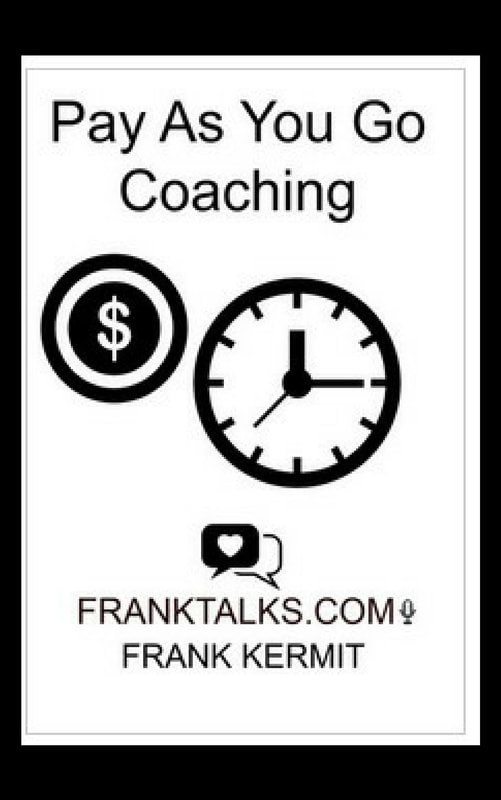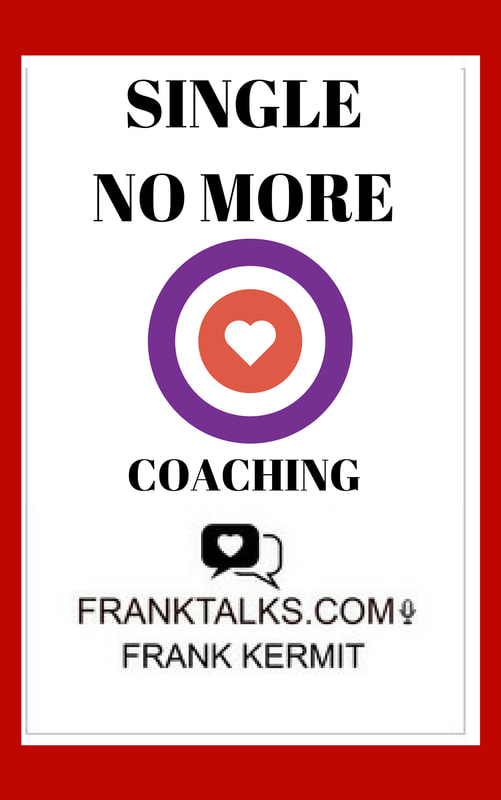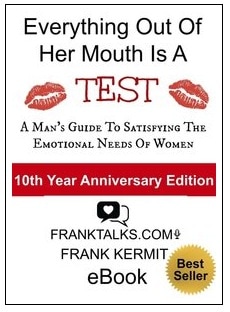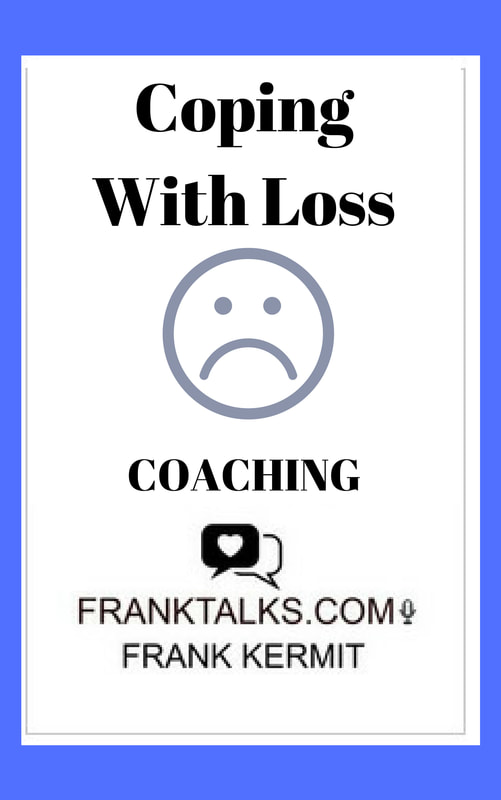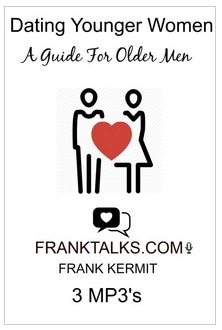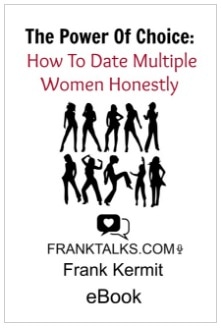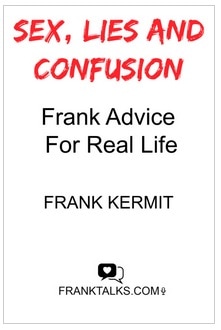|
So many of our feelings and emotions are linked to our health; it’s incredible when you know how everything you are thinking of can have an actual, physical impact on your body – and vice versa. It makes sense, then, that your relationship status and how you feel about that can also determine how you feel when it comes to your health. You can feel it happening. Love gives us a natural, physical reaction that includes a quickened heart rate, dilated pupils, ‘butterflies’ in the stomach, sweaty palms, and it can even make it hard to speak or find the right words to say. Studies have shown that those in a committed, happy relationship tend to be healthier (and even live longer) than those who are single. Yet it’s not quite as simple as that. There are many things that go into how your love life affects your health. Your Weight
If you’ve ever noticed that you put on a little (or perhaps a lot) of weight once you are in a stable relationship, there could be a good reason for it. Once you are happy with someone and comfortable with your body around them, many will stop trying quite so hard to keep fit, and the weight will start to gain. So, although putting on weight might be a sign of a happy relationship, it’s not good for your health. If you find that you and your partner have become heavier since moving in together or marrying, for example, you can do something about it. Using that same partnership that allowed the weight to come in the first place, you can go out and exercise together, join the same gym, or even attend the same class. If you set weight loss goals as a couple, losing the weight should be easier than trying to do it separately. Your Stress Levels People who have sex regularly are a lot less stressed than those who don’t. That’s because sex reduces your blood pressure levels by increasing the level of serotonin (the happy hormone) and reducing the level of cortisol (the stress hormone) in your body. That gives you a good balance of the right kinds of hormones, and you’ll feel fantastic; you won’t feel stressed. The more often you have sex, the better you’ll be able to react when it comes to stressful situations, and you’ll be a much calmer person in general. This is why being compatible in bed is actually more important than many people realize. If you feel that this is an issue, it might be time to shake things up. You can learn about Wild Flower’s pursuit of genderless toys leads to The Enby 2, and start a new exciting chapter in your sex life. Your Sleep Getting the right amount of sleep each night is essential for your good health. Sleeping well for around seven to eight hours a night will help you to lose weight, make you more productive, lower your blood pressure, protect you from heart disease and heart attacks, reduce your chances of stroke and type II diabetes, and even stop some cancers from forming (although other factors will, of course, come into play here). When you sleep next to someone you totally trust and really love, you will sleep better because you will be more relaxed. Of course, if your partner keeps stealing the covers or snores, then it might not be the most relaxing sleep you have ever had, but if this is the case, there are ways to fix the issues, such as using a tool that keeps the covers in place and wearing earplugs.
0 Comments
‘Kevin Can F**k Himself’ Shows a Whole New Side of Sitcom Marriages — What Can Guys Learn From It?10/8/2021 Expert Dating and Relationship Coach Frank Kermit is quoted in an article about a new AMC series Image © Zach Dilgard/AMC AMC’s “Kevin Can F**k Himself" Proves We Don’t Need Misogyny for a Laugh While it might not be the wisest place to look, seeking out a role model in the characters we see portrayed on television and in movies happens all the time. This is typically harmless, leading us to hold the noble, honest, and exceedingly good-natured superhero like Captain America in such high regard, or applaud the actions of a kind and caring father figure like Uncle Phil on The Fresh Prince of Bel-Air. But for every Uncle Phil we applaud, there’s about ten Peter Griffins being the worst kind of person.
Sitcom husbands and fathers, typically serving as the central comedic forces of these particular shows, have gotten away with bad behavior for decades. And as audience members, we sat back and laughed right along with them. What’s more, the creators of these sitcoms — The King of Queens, Still Standing and According to Jim, to name a few — have often followed what author and screenwriter Gillian Flynn once termed the “fatty-gets-a-family” formula, which she described as a working-class doof of a husband landing a mysteriously hot wife while seemingly caring much more about TV, beer, and sports than his own partner or kids. While that formula might be successful at producing some chuckles, it also leaves this question unanswered: Are these kinds of oddball pairings truly realistic? And if we were to go even further, are these really the kinds of male role models we should be taking our cues from? Kevin Can F**k Himself, a new AMC series that premiered in June, asks viewers to consider these types of questions. The show keeps the model of a boorish, immature man paired with an attractive female partner (Annie Murphy of Schitt’s Creek fame), but turns the dynamic on its head by revealing the very unfunny behind-the-scenes reality that might exist if this husband-wife relationship played out in real life. Mixing brightly-lit sets and the ambience of audience laughter typical of sitcoms with gritty, darker-hued scenes more akin to television dramas, Kevin Can F**k Himself is a satire of family-oriented sitcoms that uncovers the emotional scars left in the wake of too many crude jokes cracked at a woman’s expense. Right from the jump, it’s clear the writers of the show are determined to highlight the kind of over-the-top bad behavior men have been getting away with in sitcoms for years. The first episode of Kevin Can F**k Himself opens with husband Kevin playing a round of beer pong in the middle of the living room with his best friend and next-door neighbor Neil, as Kevin’s dad and Neil’s sister spectate from the couch. As soon as wife Allison enters the room from the kitchen carrying a laundry basket, she’s hit by a stray shot from Neil. Before she has the chance to say anything, Neil throws his hands up and jokingly says, “Sorry, mom!” The sitcom-style scene continues with Allison asking her husband if, instead of throwing an “anniversa-rager” (as they’ve seemingly done for their nine previous wedding anniversaries), they could have a grown-up dinner together, seeing as they’ve both reached their mid-thirties. Kevin responds: “Yeah, but you’re ‘lady 35’ and I’m ‘boy 35’ ... I’m just hitting my prime, and you...” trailing off before course correcting, unconvincingly, in a higher-pitched voice, “are, too.” Moments later, Allison announces that dinner’s almost ready and asks that beer pong be put on hold. The other characters groan loudly before Neil says, “Now, see, this is why I call you mom.” Kevin momentarily comes to her defense (“Someone has to be responsible,” he says) before tossing his empty beer mug at her and asking for refills. It’s when Allison walks back into the other room that the tone of the show does a 180. Compared to the brightly-lit living room, the kitchen is overly dark and dramatic. A high-pitched sound grows louder and louder as she sets the laundry basket down that she was holding, squeezing her eyes shut tight as if fighting off a migraine, only for an empty glass mug to shatter on the countertop as an apparent representation of her feelings after what’s just transpired in the other room. Chris Luna, head dating coach with Craft of Charisma, ascribes one word to Allison and Kevin’s relationship: toxic. However, he says this is a reflection of both of them. “Kevin is awful,” says Luna. “I can’t imagine any man watching the show and thinking, ‘I want to be that guy’. But what type of woman would choose to stay in a relationship like that? What type of woman gets into a relationship with a guy like that?” A fair question, sure, but it’s also exactly the point the show creators are trying to make. All those fictional sitcom marriages we’ve grown accustomed to seeing over the years — Doug and Carrie in The King of Queens, Jim and Cheryl in According to Jim, Bill and Judy in Still Standing — just aren’t that realistic. In direct violation of the so-called “matching hypothesis,” which Dr. Sean M. Horan, a social psychologist, describes as our penchant for dating “individuals with similar levels of physical attractiveness,” sitcoms often pair two people who wouldn’t generally sync with one another in the real world for comedic effect. These made-for-television mismatches are applauded as the on-screen husband belittles his partner in subtle and not-so-subtle ways, typically by making her the butt of the joke. In Kevin Can F**k Himself, this dynamic is cranked up to 11 with nearly all of Kevin’s lines serving to demean Allison when the two are in a room together. It’s only when we observe her by herself that we see (from her unique POV) just how much of an impact Kevin’s actions have on her. In the first episode, his button-pushing antics ultimately lead to Allison fantasizing about stabbing him in the neck with a broken beer bottle. “In TV relationships, the dysfunctional husband has turned into a comedic trope,” explains Luna. “Husbands are often portrayed as incapable idiots, while wives are portrayed as smart and capable and good and living with an ongoing male burden. In the first episode of Kevin Can F**k Himself, it’s clear that the show is building upon this idea, and then expanding into and exploring the wife’s anger.” He goes on, saying that with his career, he sees and hears the problems people struggle with on a regular basis. “Although it’s true that on some level people are the source for the problems in their life, it’s often more complicated,” notes Luna. “The types of problems we see in modern sitcoms are not accurately reflective of the types of problems or the relationship dynamics that I see in real life with clients — and the men and women I meet in real life aren’t anything like the people I see on these shows.” Some would argue, however, that the relationships and situations that we see play out in these sitcoms aren’t really meant to translate to real life. “The entertainment industry is not concerned with educating audiences about relationships,” notes dating coach Frank Kermit. “The entertainment industry is only interested in one thing: entertaining you in a way that turns a profit.” To be clear, Kermit does not say this as an indictment of the entertainment industry; he’s not looking for anything to be censored or altered to be more educational. Rather, he argues that we need to resist the urge to take our relationship cues from what we see on our TV screens. “The key is not modifying our entertainment, but bringing in better education,” he says. “As long as people are educated about how to think critically and rationally about anything in their environment that can and will influence them, then people can make sure to only take actions that are in their best long-term interests.” It’s a solid, reasonable case — don’t think of entertainment as dating education — but when you really boil it down, there is something to be taken from a show like Kevin Can F**k Himself. As for what that is? Looking at everything wrong with the way sitcom marriages have been portrayed over the last three or four decades, they’re finally telling us not to aspire to be these people. And if you’ve reached a place where you’d rather slit your partner’s throat with broken glass than spend another second with them? It’s probably time for a divorce. Written by Logan Hansen. Published on askmen.com |
Categories
All
Archives
June 2024
NDG Encore Singing Chorus **** Every Friday Night Dr. Laurie Betito Quotes
|
|
FRANK KERMIT MA
EXPERT RELATIONSHIP COACH HELPING PEOPLE CONNECT |
ALL COACHING IS BY TELEPHONE OR SKYPE ONLY INTERNATIONAL CLIENTS ARE WELCOME *INTERNATIONAL CLIENTS ARE RESPONSIBLE FOR LONG DISTANCE PHONE CHARGES, +1 Canada/USA* SKYPE IS PREFERRED. IT'S FREE AND EASY TO USE FROM ANYWHERE IN THE WORLD TELEPHONE: +1-514-680-3278 EMAIL: [email protected] SKYPE: frank kermit PLEASE NOTE THAT ALL SALES ARE FINAL. NO REFUNDS OR EXCHANGES
|



 RSS Feed
RSS Feed


